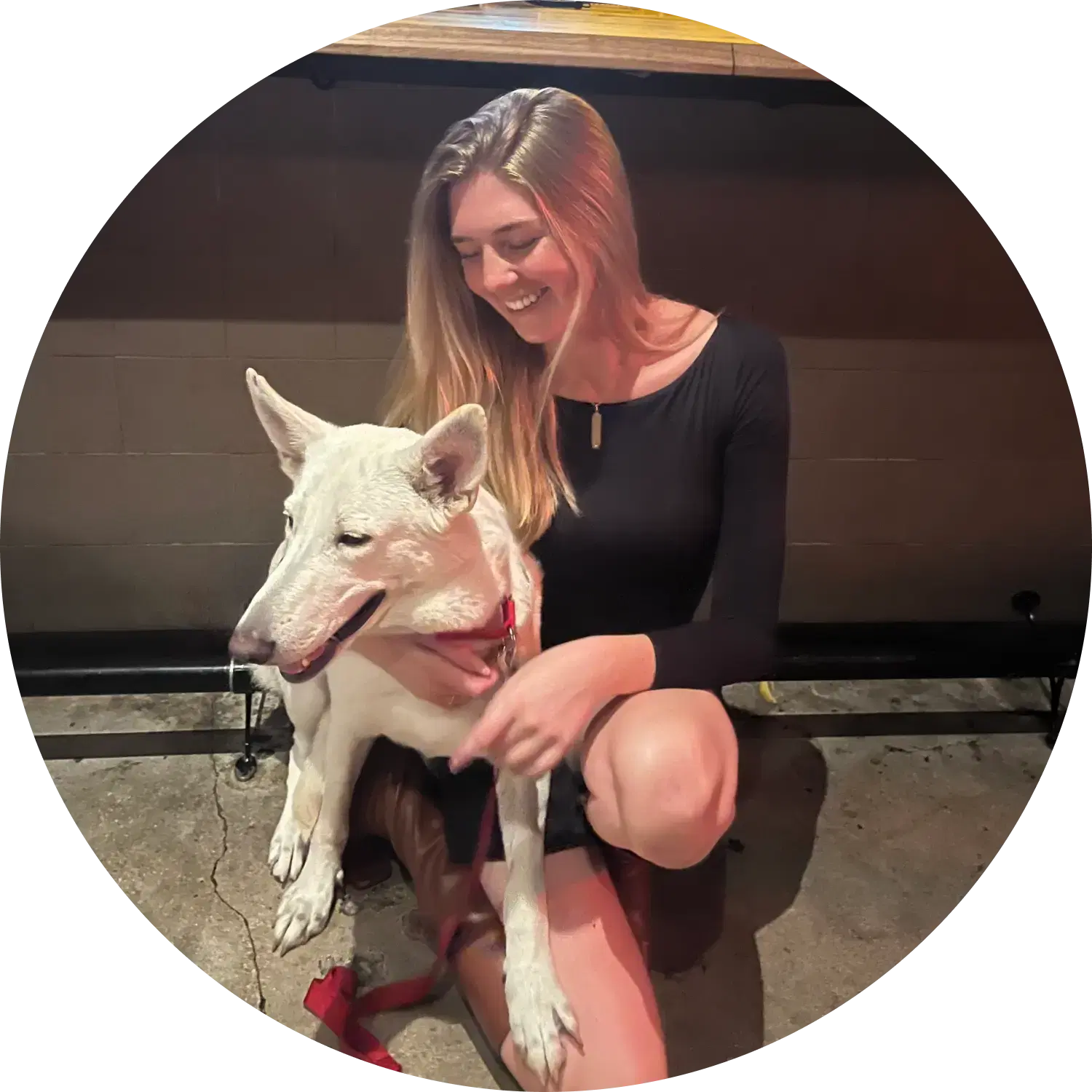4 Things to Consider When Choosing The Perfect Dog Age
Thinking about adopting a new furry friend? Bringing a new dog into your home is a big decision and there are lots of things to consider. Breed, time commitment, and how much space you have are all necessary things to think about.
One thing to decide first is whether you’d like a puppy or to give a home to an older dog. While puppies are insanely adorable, they require certain things that grown-up dogs don’t, like tons of energy and exercise.
Depending on the age of the dog you choose, they may need frequent trips to the vet to get caught up on their immunizations. Dog insurance can help cover the costs of preventive health measures.
Here we provide insight into the most important things to consider when choosing a puppy or adult dog.
Dog Training
Puppies are a lot of work! They require teaching basic commands, house training, and socialization.
Not interested in accidents on the carpet? Chewed-up shoes? Teaching good behavior? Then a puppy probably isn’t for you. With a puppy, you may have to spend a lot of time and energy, or money, to hire a trainer in order to make your pooch live comfortably in your home – and patience. You’ll need a lot of patience with a playful puppy.
Most people that choose to adopt a puppy are aware of what goes into it, but it’s important that you fully understand what will be expected of you. An untrained dog isn’t ideal, so really evaluate your lifestyle and make sure you have the time and energy to devote to your new BFF.
Generally, older dogs are already house trained and you’ll be told how they behave around other animals and children, as well as if they know basic obedience.
Vet Expenses
Annual vaccinations are a given, but what other investments will you need to make for your dog’s health? When choosing between a puppy or an older dog, there are a few variables regarding their health and annual costs.
On average, the first year of puppyhood costs between $1000 to $1800. Expenses include veterinary care, spaying/neutering costs, preventative medications, training, and food. The first-year vet costs can add up: wellness exams, shots, and so on.
Older dogs often require only annual, routine care. However, if you adopt a middle-aged or senior dog, their health may have been neglected in their previous home. Often an older dog needs dental care, as their teeth may not have been properly cared for. Routine cleanings may be enough, or there may be issues that need to be addressed such as periodontal disease which affects as many as four out of five dogs. Senior dogs may also have arthritis or issues with their hips that need to be checked more frequently. They may also require long-term medications for diabetes and dietary supplements for weight management or joint health.
Dog Energy Levels
Maybe you’re looking for a high-energy companion for your household, puppies, after all, are tons of fun. With that amount of energy, though, can come destructive behavior if they’re not given enough exercise or opportunities to run around.
Puppies are curious and tend to get into everything, similar to having a toddler at home. You may need to puppy-proof your house and make sure you give your new friend lots of attention and room to explore.
Full-grown dogs can still behave like puppies and run around and play! However, their activity level will likely be less intense than puppies. With an older dog, you can also find out how active they are before you adopt them, choosing a much calmer dog if that’s what makes the most sense for you.
The Unknown
With a new puppy, you’ll have the opportunity to bond with them and grow to know their personality. Adopting an older dog may mean missing out on that early bonding experience.
However, if you choose a certain breed for very specific reasons, you might be surprised by what you get with a puppy. Oftentimes, try as you might, a puppy may not grow into the dog you anticipated. Even things like hypoallergenic coats and appearance are hard to determine when you choose a new baby puppy.
With an older dog, you’ll know exactly what you’re getting in many ways. You’ll know what they look like, how their fur is, and have a lot of information about their personalities, habits, social skills, and so on. So while you may miss out on the puppy time, you might appreciate the knowledge that comes with an older dog.
The Bottom Line
Choosing to bring a dog into your home is an important decision, and choosing the right dog for your family is essential. Part of your decision is choosing the age of the pooch you’re interested in. Each stage of a dog’s life has advantages and disadvantages, so it really comes down to what’s most important to you.

The resident animal enthusiast at Spot. I have a lifetime of pet parent experience. If it has fur, feathers, or scales, I’ve probably shared my home with it. I aim to be a reliable source, blending experience with a dedication to the well-being of pets.












